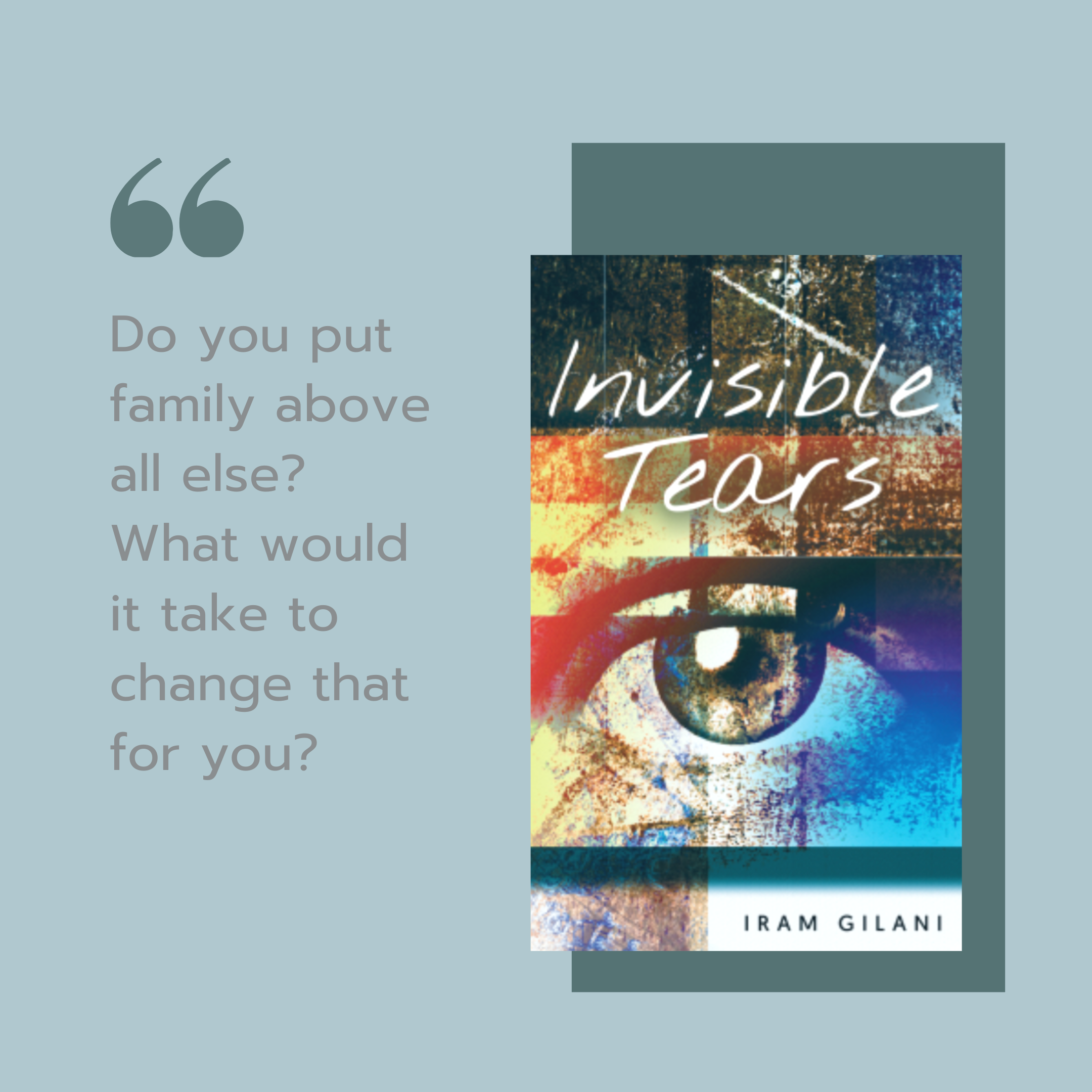
Invisible Tears - Iram Gilani
Do you put family above all else? What would it take to change that for you?
In “Invisible Tears”, Iram Gilani tells us about her awful journey of abuse throughout many years of her life, all of it condemned by her family. Gilani deals with abandonment, molestation, forced marriage, and even being shot, leading to irreversible wounds and pain.
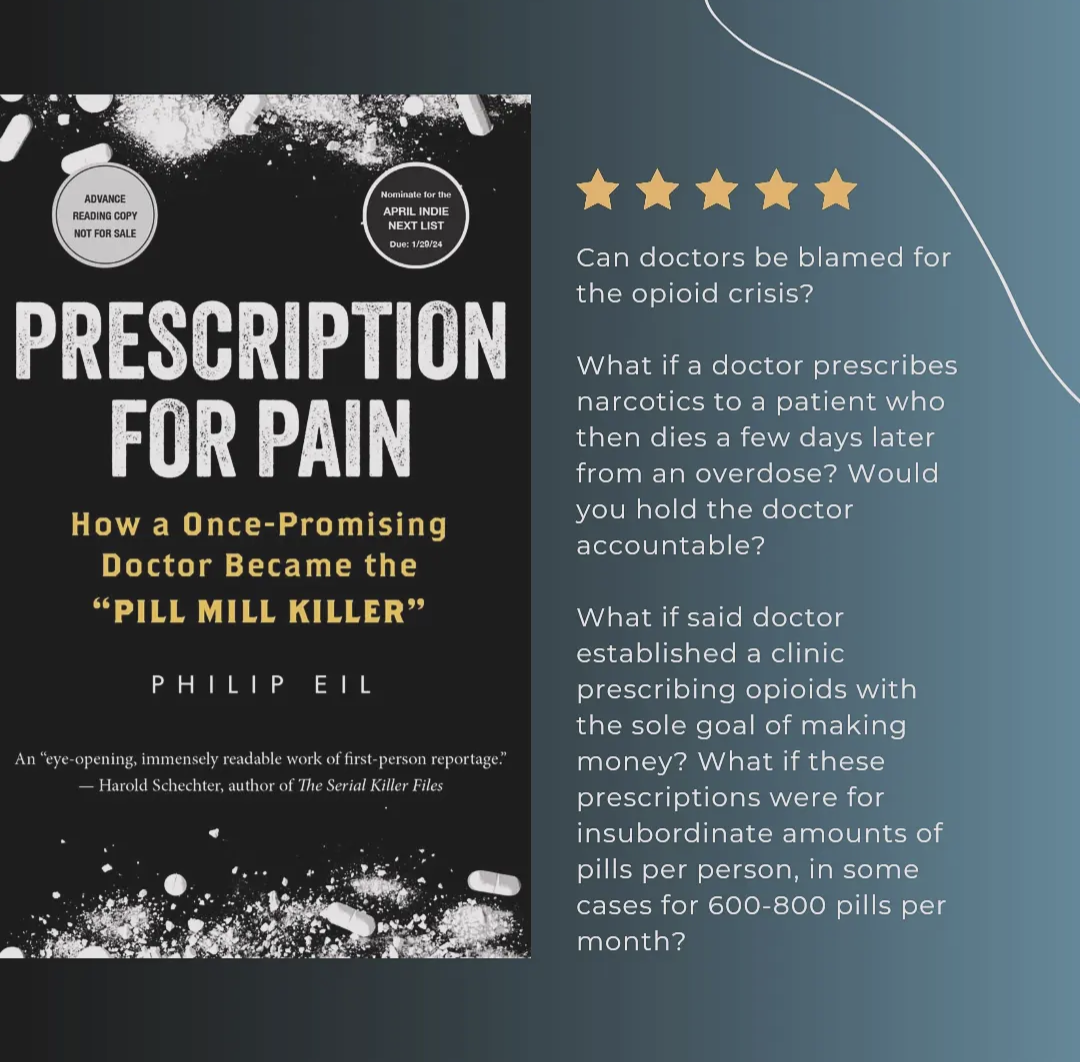
Prescriptions for Pain - Philip Eil
Can doctors be blamed for the opioid crisis?
What if a doctor prescribes narcotics to a patient who then dies a few days later from an overdose? Would you hold the doctor accountable?
What if said doctor established a clinic prescribing opioids with the sole goal of making money? What if these prescriptions were for insubordinate amounts of pills per person, in some cases for 600-800 pills per month?
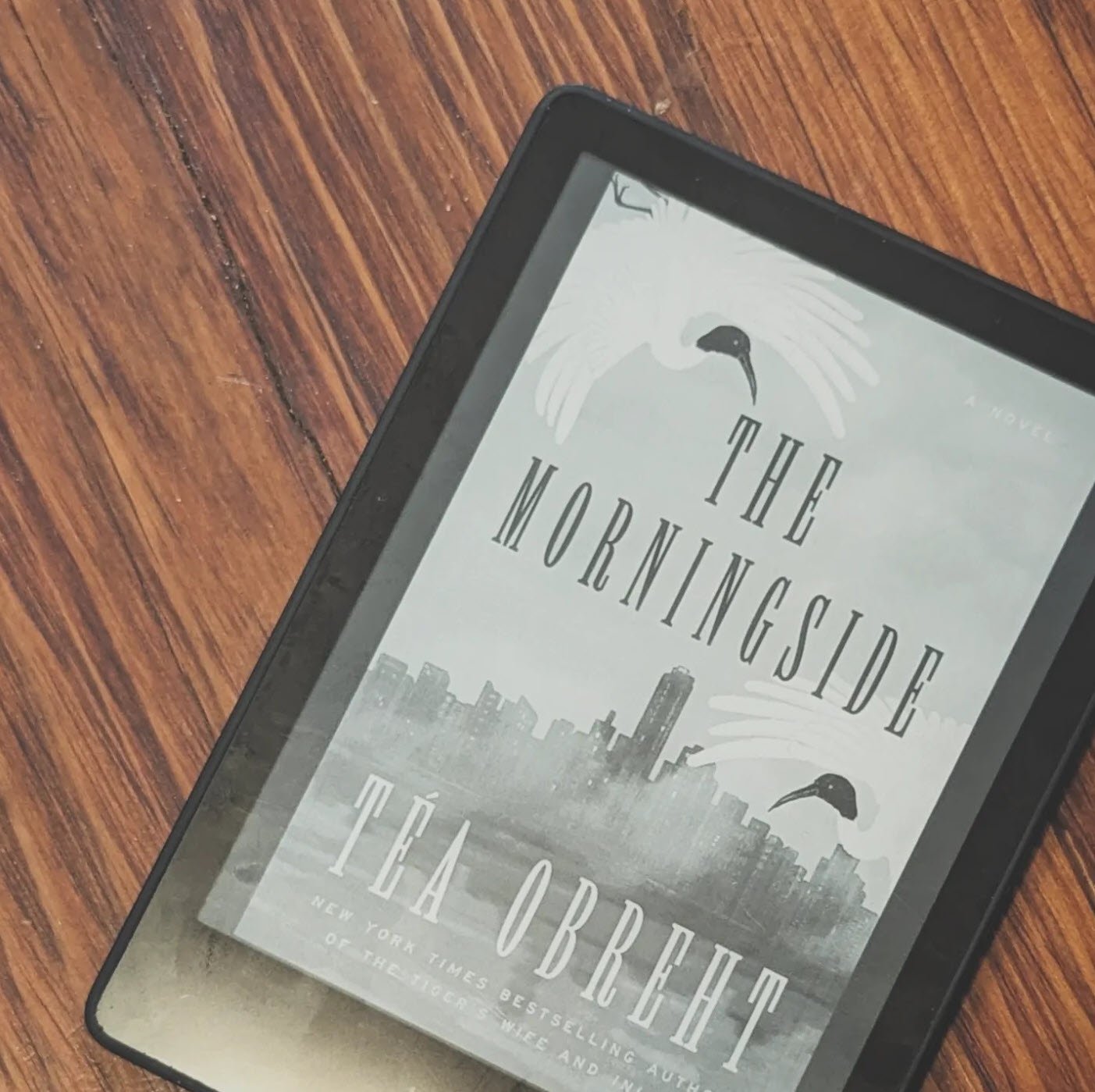
The Morningside - Téa Obreht
If you were tasked with the creation of a story that combines the genres of dystopia, magical realism, and even some mystery, how would you go about it?
Téa Obreht manages this feat wonderfully in "The Morningside" by taking the reader into a world changed forever due to climate change.
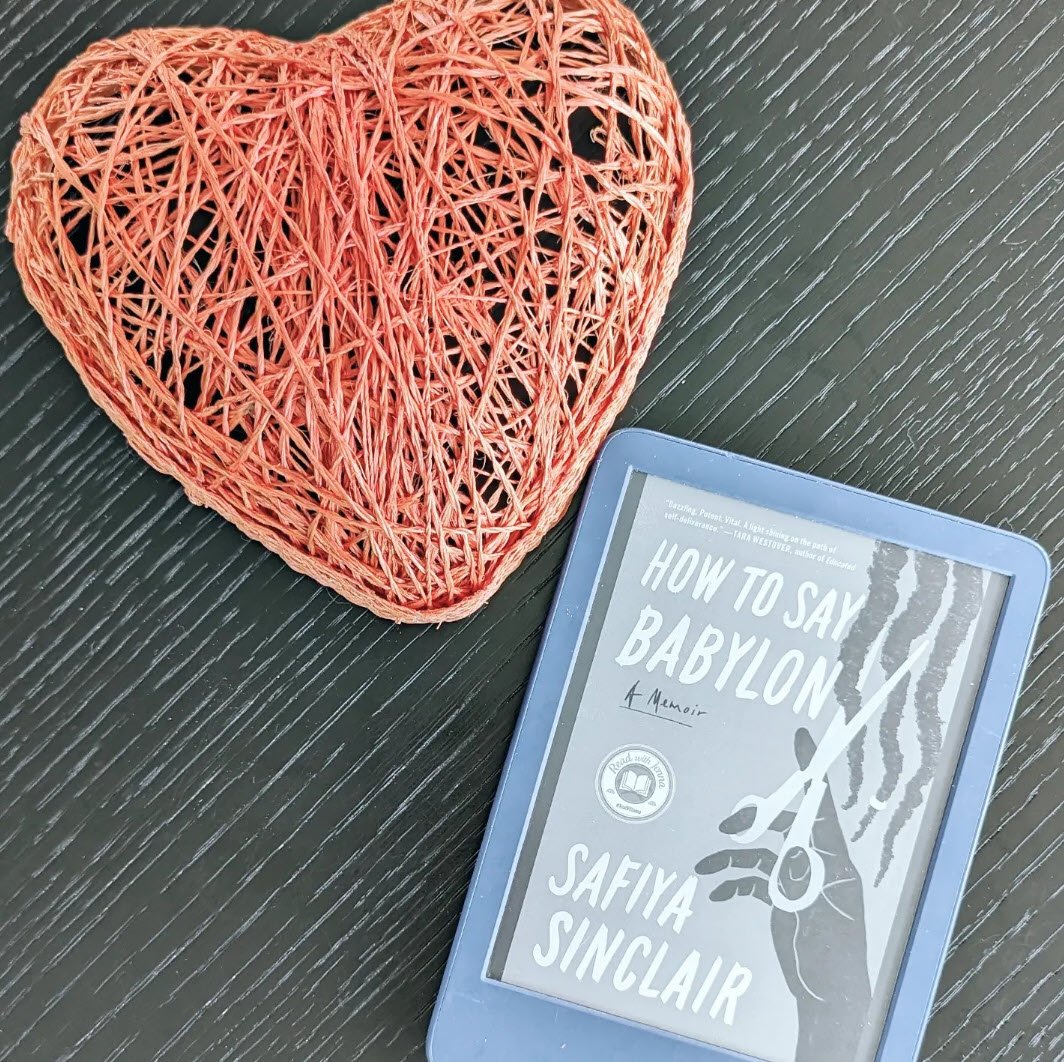
How to Say Babylon - Safiya Sinclair
This memoir truly stands out for me. For one, I can't think of another book that talks about Rastafarianism and the cult-like oppression it can bring about in the form of family abuse.
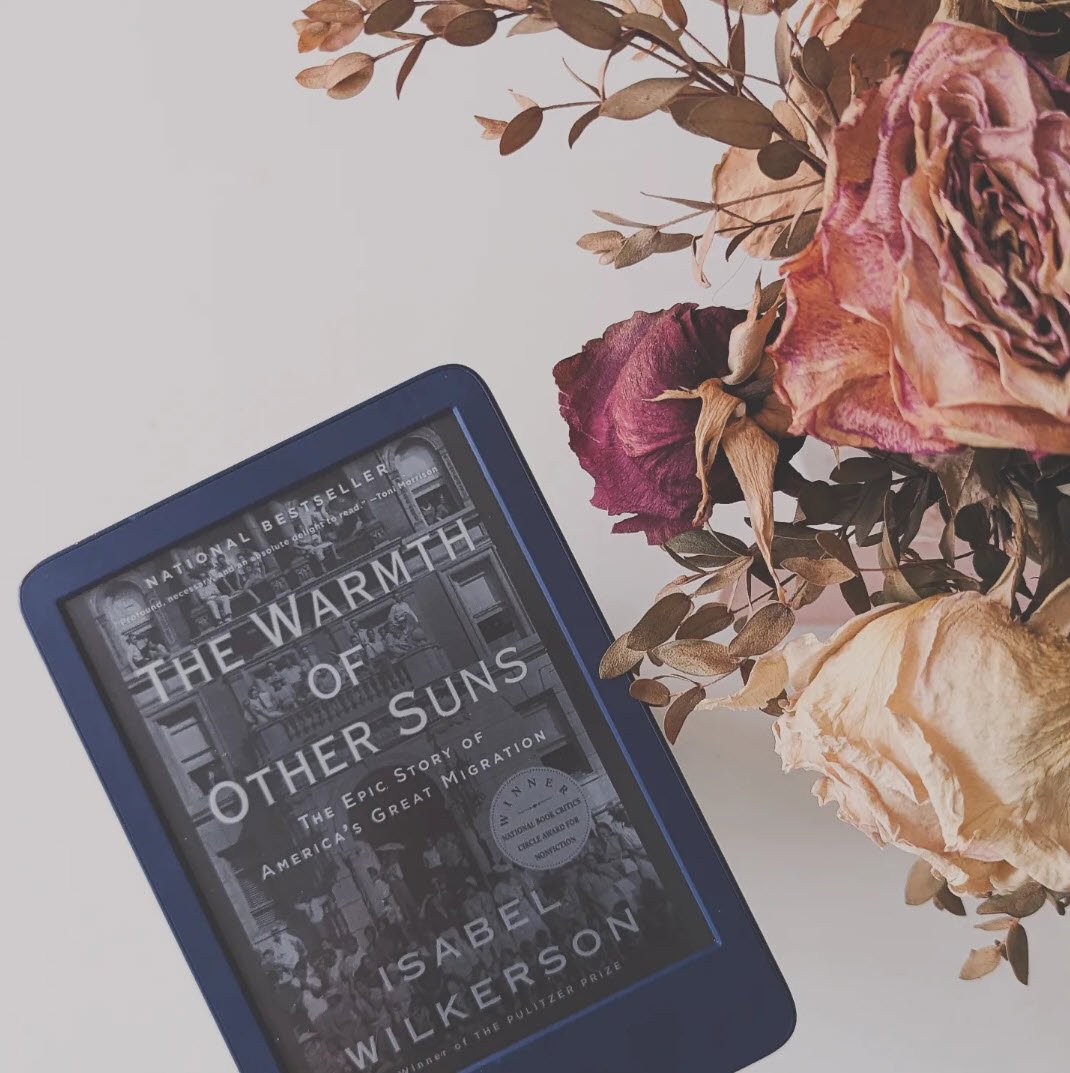
The Warmth of Other Suns - Isabel Wilkerson
The author describes the exodus of the black community moving away from the Jim Crow South between 1915 and 1970. Slavery had been abolished, but life remained eerily similar with maximally enforced segregation, lack of education, lynchings, and the same old back breaking plantation work.
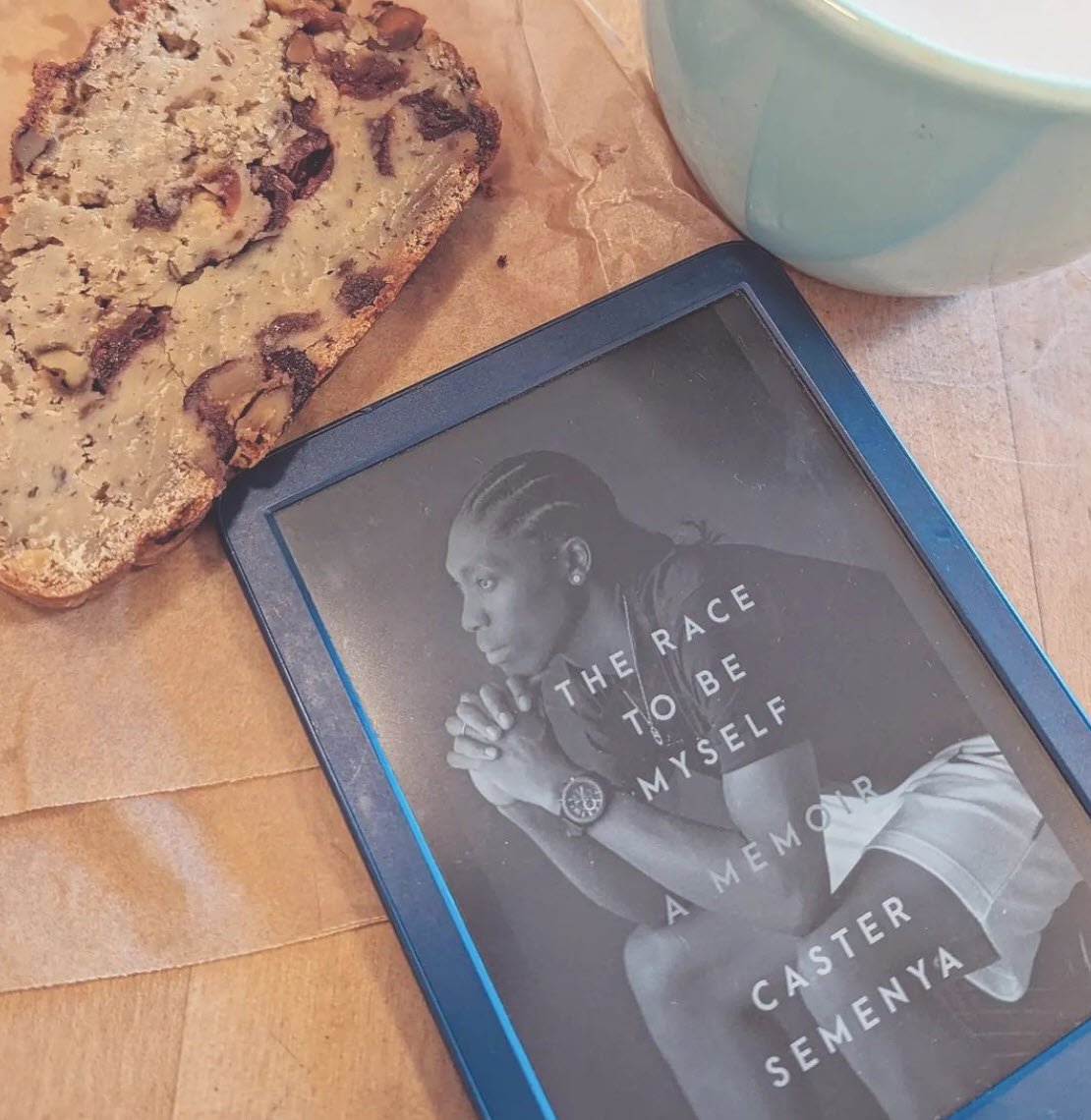
The Race to be Myself - Caster Semenya
Caster tells the harrowing story of the discrimination she went through as a world-class 800m runner and Olympic gold medalist. To some members of the athletic community, she appeared male, which resulted in undisclosed, unannounced, and incredibly invasive gender verification exams while she was still a teenager.